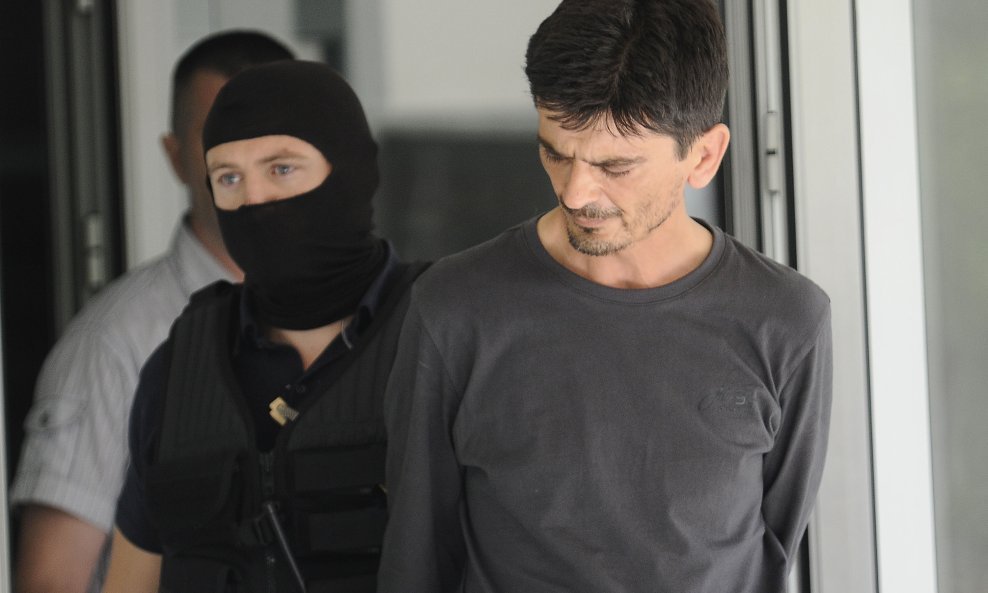Croatian authorities knew that Dragan Paravinja, who on Sunday admitted to having killed Antonia Bilic, had been living in Croatia after committing a rape in Serbia, but they did not extradite him to Serbia in 2007 because he is a citizen of Croatia whose institutions protect him from extradition, Croatian Ministry of the Interior spokesman Krunoslav Borovec said on Monday.
"In 2007 we received a notification saying that Interpol in Belgrade had issued an international warrant for his arrest and we immediately informed the Interpol office in Belgrade that he was a Croatian citizen and that under the Croatian Constitution he could not be extradited," Borovec told reporters in Split where he was attending a conference of the Croatian association for public relations.
Bosnian Serb police on Sunday arrested 43-year-old truck driver Dragan Paravinja in Donji Srdjevici in northern Bosnia and Herzegovina, where he had been hiding since Thursday when a police chase was launched after him on the suspicion that he was involved in the disappearance of 17-year-old Antonia Bilic from the village of Kricke in the southern Croatian Sibenik-Knin County. The girl was last seen on June 7 entering a truck after she hitchhiked a ride on a local road.
During the interrogation by Bosnian Serb police, Paravinja admitted to having strangled the girl and thrown her body into the river Krka. The police are now looking for her body.
Borovec said that Croatian police had informed on time the Justice Ministry and the Office of the Chief State Prosecutor about the arrest warrant of the Interpol office in Belgrade, since Croatia's penal code envisaged the possibility of Croatia taking over the prosecution of crimes committed by Croatian nationals abroad.
"I have information that a request was made to take over criminal prosecution, but neither a positive nor a negative response came from Belgrade," said Borovec.
He added that there was a "larger number" of Croatian nationals who, like Paravinja, had committed a crime abroad.
"We will solve most of our problems upon entering the Schengen area of free movement and the European Union because the European arrest warrant will then apply to Croatian nationals who commit a crime in an EU country, however, there will remain the problem of those countries in the region that will not join the EU with us and remain outside the Schengen area," Borovec said.
Borovec confirmed that divers were searching the bed of the Krka river where Paravinja, by his own admission, threw the body of Antonia Bilic.
The ministry spokesman warned about the fact that in the area of Drnis, where the girl disappeared, there was no organised transport of school children so many of them were forced to hitchhike.
Earlier in the day, Paravinja was transferred from Banja Luka to the eastern part of Sarajevo, where he was to be placed in custody. The court of jurisdiction in that area in 2005 issued a warrant for Paravinja's arrest on the suspicion that three years earlier he had committed a rape in Bosnia and Herzegovina.
Paravinja was previously sentenced by a court in Serbia for rape and attempted rape.
The court in Sarajevo is expected to remand him in custody for a month, during which time extradition proceedings can be carried out.
Croatian government spokesman Mladen Pavic said last night that Prime Minister Jadranka Kosor had talked to Justice Minister Drazen Bosnjakovic to make sure that Croatian authorities did their best to have Paravinja extradited to Croatia.






























